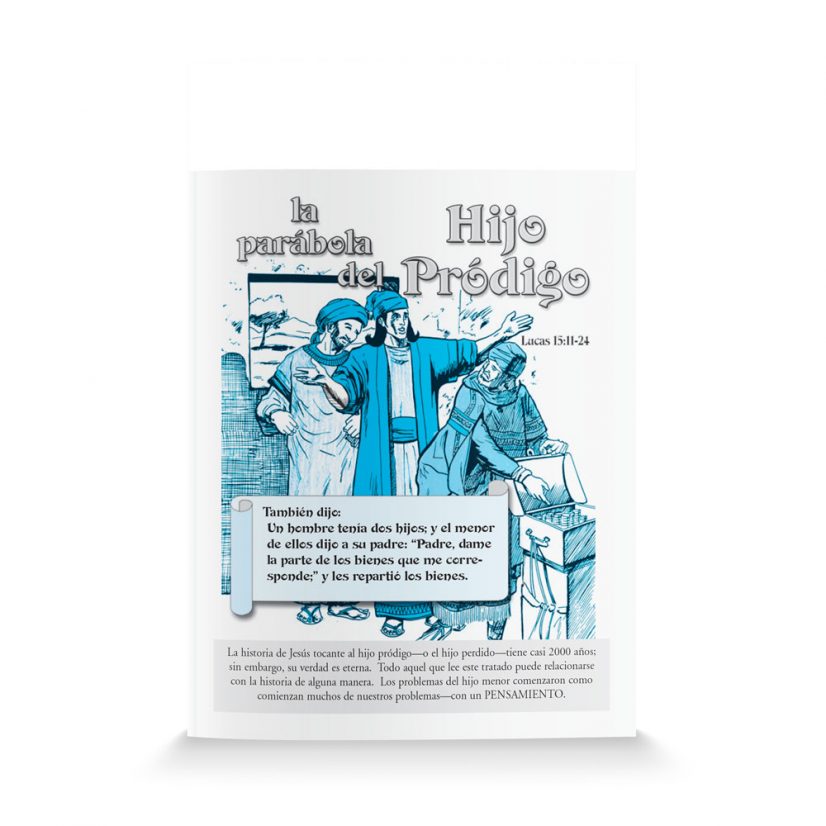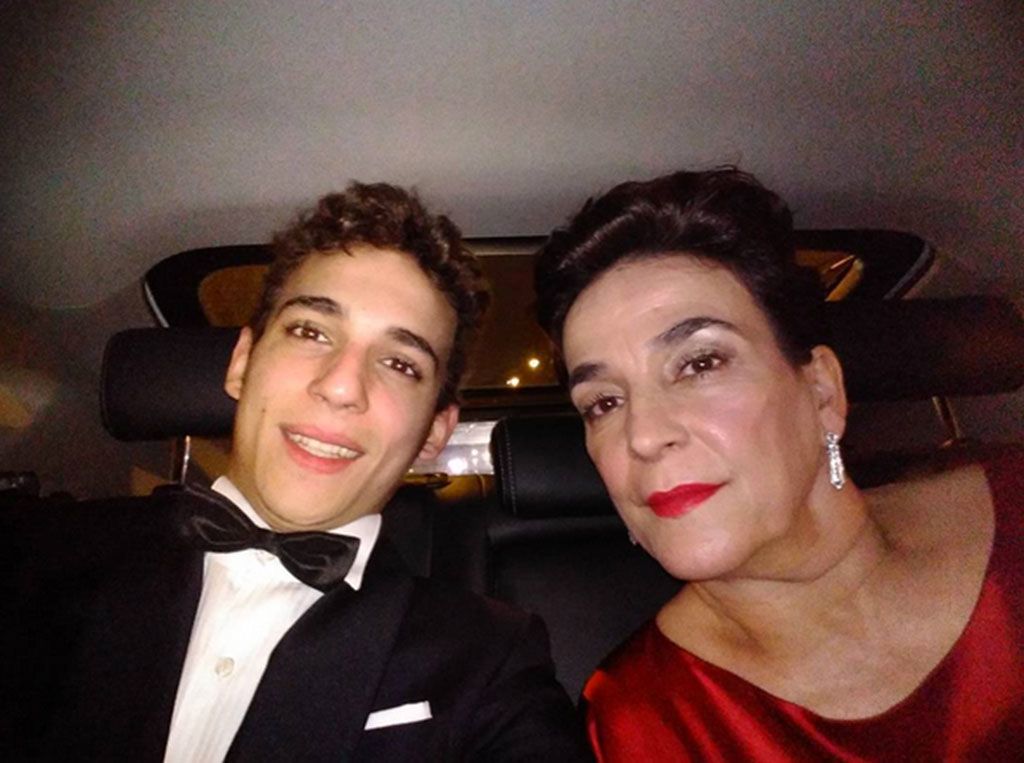Son In Spanish: A Comprehensive Guide To Understanding And Using "Hijo" In Context
Understanding the Spanish language can open doors to a rich cultural experience, and one of the foundational words you'll encounter is "son," which translates to "hijo" in Spanish. Whether you're learning the language for travel, work, or personal growth, mastering how to use "son" in Spanish can greatly enhance your communication skills. This article aims to provide a thorough understanding of the word "hijo," its variations, and its cultural significance, ensuring you have a solid foundation for your Spanish language journey.
Learning a new language can be challenging, but with the right resources and dedication, it becomes an exciting adventure. In this guide, we will explore the nuances of the word "son" in Spanish, including its pronunciation, grammatical uses, and common phrases where it appears. By the end of this article, you'll have a comprehensive grasp of how to use "hijo" correctly in various contexts.
This guide is designed to cater to beginners and intermediate learners alike, ensuring that everyone can benefit from the information provided. Whether you're studying Spanish for academic purposes or simply out of curiosity, this article will equip you with the knowledge and confidence to use "hijo" effectively in your conversations. Let's dive in!
Read also:Ahn Jae Hyun The Rising Star Of Korean Entertainment
Table of Contents
- Etymology of "Son" in Spanish
- Pronunciation of "Hijo"
- Grammatical Usage of "Hijo"
- Cultural Significance of "Hijo"
- Common Phrases Involving "Hijo"
- Variations and Synonyms of "Hijo"
- Slang and Informal Usage of "Hijo"
- "Hijo" in Literature and Media
- Practical Tips for Using "Hijo"
- Conclusion and Next Steps
Etymology of "Son" in Spanish
The word "son" in Spanish, "hijo," has deep historical roots that trace back to Latin. The term "filius" in Latin eventually evolved into "hijo" in modern Spanish. Understanding the etymology of words can provide insight into their cultural and linguistic significance. For instance, "hijo" carries a sense of lineage and heritage, reflecting the importance of family ties in Spanish-speaking cultures.
Throughout history, the concept of "son" has been central to many societies, symbolizing continuity and legacy. In Spanish, "hijo" is not just a word but a reflection of societal values and traditions. By exploring its origins, we gain a deeper appreciation for the language and its cultural context.
Historical Context of "Hijo"
The transition from Latin to Spanish involved several linguistic changes, and "hijo" is a prime example of this evolution. During the Middle Ages, as Latin dialects developed into what we now know as Romance languages, the pronunciation and spelling of "filius" shifted to accommodate regional accents and phonetic preferences. This transformation highlights the dynamic nature of language and its ability to adapt over time.
Pronunciation of "Hijo"
Pronouncing "hijo" correctly is essential for effective communication in Spanish. The word is pronounced as "ee-ho," with the "h" being silent and the stress on the second syllable. Mastering the pronunciation of individual words is a crucial step in learning any language, as it ensures clarity and understanding in conversations.
To help you practice, here are some tips for pronouncing "hijo" accurately:
- Start by saying "ee" as in "see."
- Then, add the "ho" sound, ensuring the "h" remains silent.
- Practice saying the word slowly at first, then gradually increase your speed.
Common Pronunciation Mistakes
One common mistake learners make is pronouncing the "h" in "hijo." In Spanish, the "h" is always silent unless it's part of a digraph like "ch." Another error is misplacing the stress, which should always fall on the second syllable. By avoiding these pitfalls, you can improve your pronunciation significantly.
Read also:Vyvan Lee The Rising Star In The Entertainment Industry
Grammatical Usage of "Hijo"
In Spanish grammar, "hijo" functions as a noun and follows standard rules for gender and number agreement. As a masculine noun, "hijo" refers to a male child, while its feminine counterpart, "hija," refers to a female child. Understanding these distinctions is vital for constructing grammatically correct sentences.
Additionally, "hijo" can be used in possessive constructions, such as "mi hijo" (my son) or "su hijo" (his/her/their son). These phrases demonstrate how "hijo" integrates into sentence structures, emphasizing relationships and ownership.
Agreement Rules for "Hijo"
When using "hijo" in a sentence, ensure that adjectives or articles agree in gender and number. For example:
- "El hijo pequeño" (the little son)
- "Los hijos mayores" (the older sons)
These examples illustrate the importance of agreement in Spanish grammar, as it ensures clarity and precision in communication.
Cultural Significance of "Hijo"
In Spanish-speaking cultures, the concept of family is paramount, and "hijo" plays a central role in this context. The word carries emotional weight, symbolizing love, responsibility, and continuity. In many Latin American and Spanish households, children are seen as the future of the family, and the relationship between parents and children is deeply cherished.
Moreover, "hijo" often appears in cultural expressions and proverbs, reinforcing its importance in everyday life. For example, the phrase "hijo pródigo" (prodigal son) highlights themes of forgiveness and redemption, reflecting broader cultural values.
Familial Values in Spanish Culture
Family ties are a cornerstone of Spanish-speaking societies, and "hijo" embodies this connection. From traditional celebrations to daily interactions, the role of children in maintaining family unity is celebrated and respected. Understanding this cultural context can enhance your appreciation of the language and its nuances.
Common Phrases Involving "Hijo"
Learning common phrases involving "hijo" can enrich your vocabulary and improve your conversational skills. Here are some examples:
- "Mi hijo es muy inteligente" (My son is very intelligent)
- "Los hijos deben respetar a sus padres" (Children should respect their parents)
- "Hijo mío, escucha esto" (My son, listen to this)
These phrases demonstrate how "hijo" is integrated into everyday speech, emphasizing its practical use in various contexts.
Idiomatic Expressions with "Hijo"
Idiomatic expressions add color and depth to language, and "hijo" features in several such phrases. For example:
- "Hijo de su madre" (His mother's son) – meaning someone who inherits traits from their mother.
- "Hijo de perra" (Son of a bitch) – a colloquial expression used to describe someone mischievous or rebellious.
These expressions showcase the versatility of "hijo" in conveying nuanced meanings.
Variations and Synonyms of "Hijo"
While "hijo" is the primary term for "son" in Spanish, there are variations and synonyms that you might encounter in different contexts. For example:
- "Vástago" – a formal or literary term for offspring.
- "Descendiente" – a broader term referring to descendants or heirs.
These variations allow for greater flexibility in expressing relationships and lineage, depending on the situation.
Regional Differences in Usage
Spanish varies across regions, and the use of "hijo" can differ accordingly. In some Latin American countries, for instance, colloquial terms like "chavo" or "muchacho" may be used to refer to young men, although they don't carry the same familial connotation as "hijo." Understanding these regional nuances can enhance your ability to communicate effectively in diverse settings.
Slang and Informal Usage of "Hijo"
In informal settings, "hijo" can take on slang meanings or be used in playful expressions. For example, "hijo de la chingada" is a Mexican slang term used to describe someone unlucky or in trouble. While these expressions may not be appropriate in formal contexts, they are prevalent in casual conversations and reflect the dynamic nature of spoken Spanish.
It's important to note that slang usage can vary significantly across regions, so it's always best to exercise caution when incorporating such terms into your vocabulary.
Contextual Appropriateness of Slang
Using slang appropriately requires an understanding of cultural norms and social settings. While phrases involving "hijo" can add authenticity to your conversations, they should be used judiciously to avoid offending others. Observing native speakers and engaging in real-life interactions can help you develop a sense of when and where to use slang effectively.
"Hijo" in Literature and Media
The word "hijo" frequently appears in Spanish literature and media, often symbolizing themes of family, identity, and legacy. In novels, poems, and films, "hijo" serves as a powerful metaphor for the complexities of human relationships. For example, Gabriel García Márquez's works often explore familial ties, with "hijo" playing a central role in many narratives.
Media representations of "hijo" can also provide valuable insights into cultural perceptions of family and responsibility. By studying these portrayals, learners can deepen their understanding of the language and its cultural context.
Examples from Famous Works
Some notable examples of "hijo" in literature include:
- "Cien años de soledad" by Gabriel García Márquez – explores the dynamics of family across generations.
- "El hijo de Leda" by Carlos Fuentes – delves into themes of identity and heritage.
These works highlight the enduring significance of "hijo" in Spanish literature and culture.
Practical Tips for Using "Hijo"
To effectively incorporate "hijo" into your Spanish conversations, consider the following tips:
- Practice using "hijo" in sentences to build confidence and fluency.
- Engage in conversations with native speakers to improve your pronunciation and comprehension.
- Read books, watch movies, and listen to music in Spanish to expose yourself to diverse contexts where "hijo" appears.
By actively engaging with the language, you can enhance your ability to use "hijo" naturally and accurately.
Resources for Learning "Hijo"
There are numerous resources available to help you master "hijo" and its applications:
- Language learning apps like Duolingo and Babbel offer exercises focused on vocabulary and grammar.
- Online forums and communities provide opportunities to practice conversational Spanish.
- Books and podcasts in Spanish can expose you to authentic language usage.
Utilizing these resources can accelerate your learning and improve your overall proficiency.
Conclusion and Next Steps
In conclusion, understanding and using "son" in Spanish, or "hijo," is a valuable skill that can enhance your communication and cultural awareness. From its etymology and pronunciation to its grammatical usage and cultural significance, "hijo" plays a vital role in the Spanish language. By exploring its nuances and applications, you can deepen your appreciation for the language and its rich traditions.
We encourage you to take the next step in your language journey by practicing what you've learned and engaging with native speakers. Share your thoughts and experiences in the comments below, and don't hesitate to explore other articles on our site for further insights into the Spanish language. Together, let's continue to grow and thrive in our pursuit of knowledge!


